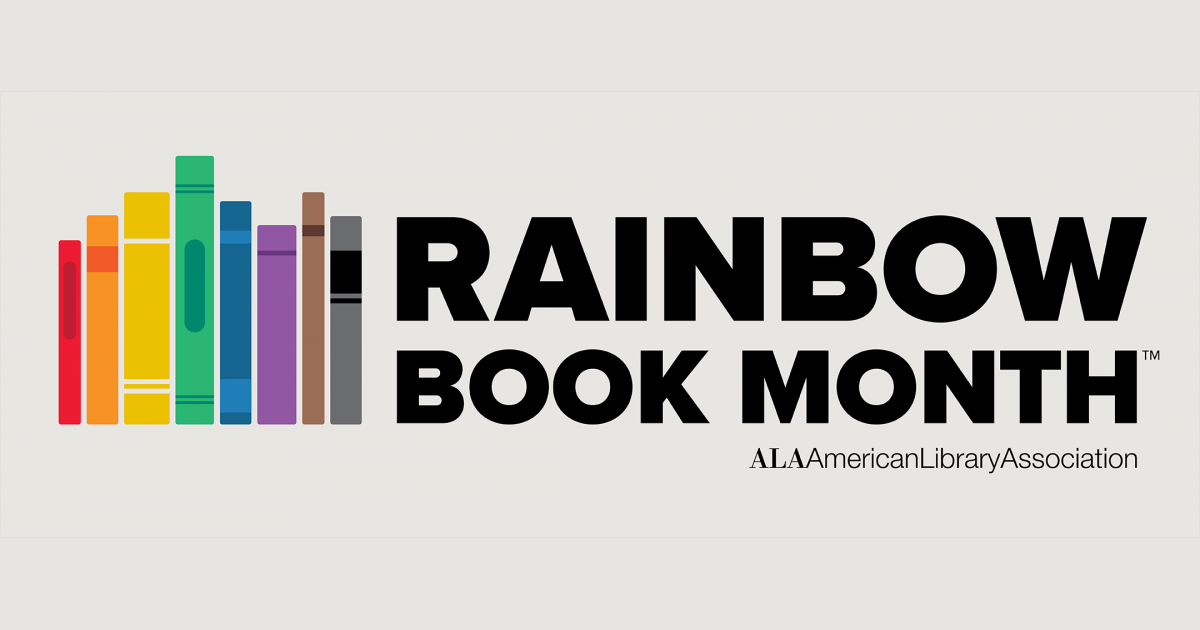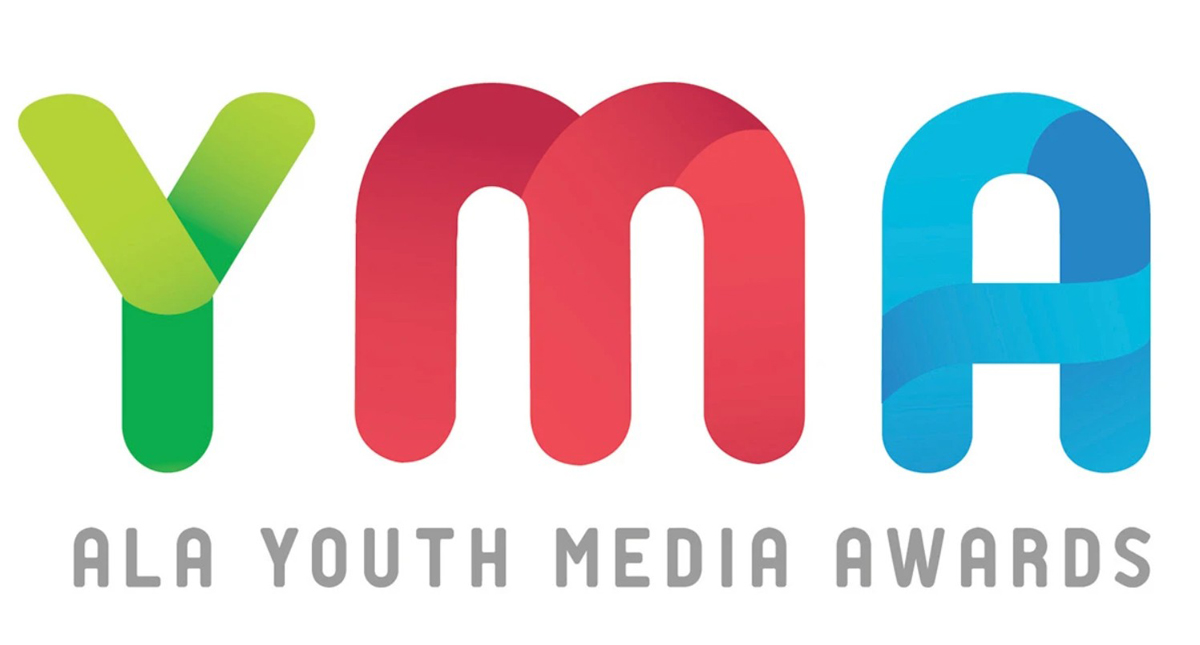Each June, readers across the country observe Rainbow Book Month, an opportunity to celebrate the authors and writings that reflect the lives and experiences of the LGBTQIA+ community. It’s also a time to advocate for free and widespread access to queer literature, which is censored all too frequently in libraries and schools.
An overwhelming proportion of the censorship attempts that the American Library Association’s Office for Intellectual Freedom tracked in 2019 were challenged for due to their inclusion of LGBTQIA+ characters and stories. Beyond just books, libraries also face censorship targeted toward queer programming like Drag Queen Story Hours as well as LGBTQIA+-related displays. Bans and challenges on queer materials might come from individual parents, school administrators, or organized anti-LGBTQIA+ groups; while some of these efforts make headlines in local and national media, experts say the vast majority of book banning goes unreported.
Librarians have long worked to protect everyone’s freedom to read, and preserving the right to access LGBTQIA+ materials is central to libraries’ core values.
“Libraries should be representative of our communities; our mission is to provide access to information and ideas free from bias or partisan influence. Libraries are centers for exploring the world around us, for expanding our understanding and engaging with stories—both our own narratives and those that are different that our own,” Tiffany Mautino, Intellectual Freedom Committee Chair for the Missouri Library Association, told I Love Libraries. “Access to LGBTQIA+ books and programs is important because we serve LGBTQIA+ patrons, and everyone should be able to see themselves represented in library collections. Censorship seeks to deny and repress parts of our collective narrative rather than celebrate the diversity of our story.”
You can support access to LGBTQIA+ resources in your own community simply by using your library.
“The best way is to attend the programs and check out the materials that are offered. If your library is not [providing these resources], request some that interest you,” Peter Coyl, director of New Jersey’s Montclair Public Library, shared with I Love Libraries. Queer people and allies alike can benefit from these materials: “What we offer is meant for everyone’s entertainment and education, not just the LGBTQIA+ population. Feel free to join and participate so you can learn.”
Another way to get involved: research who makes decisions for your library and ask them to stand against anti-LGBTQIA+ censorship.
“Push to make sure representatives appointed to library boards are well educated in intellectual freedom, in collection development policies and procedures, and are in support of the library mission,” Tiffany Mautino shared. “Libraries need community members who understand our dedication to upholding the value of intellectual freedom, who celebrate our diverse cultures with us and advocate with us.”
For Rainbow Book Month recommended reading, check out the 2020 Stonewall Award winners and the Over the Rainbow Book List. For updates about how libraries are fighting censorship, follow Banned Books Week on Facebook and Twitter. And if you witness a censorship attempt in your library or school, report it to the American Library Association’s Office for Intellectual Freedom.




